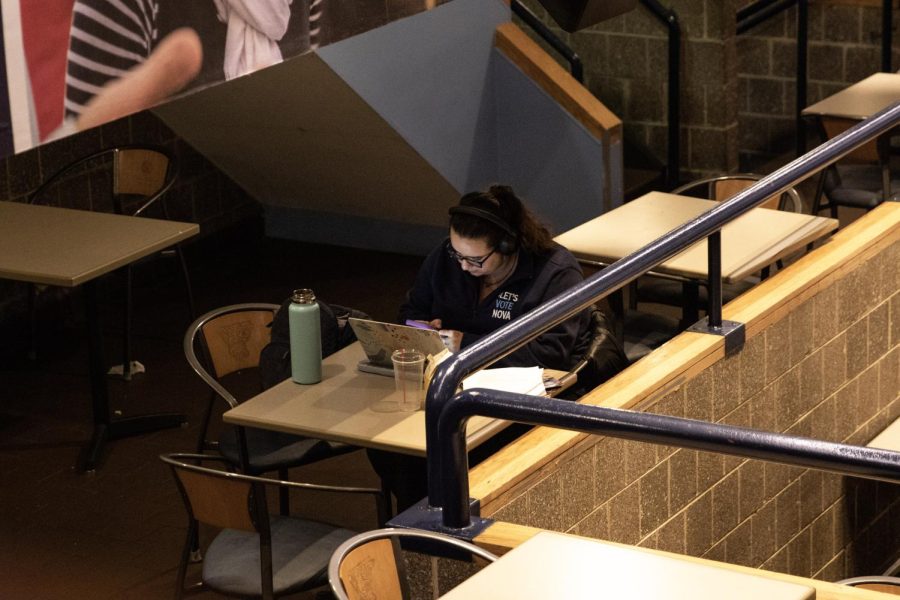Anyone Can Be A Celebrity: Social Media is Changing this Generation’s Perception
April 5, 2023
I find it weird how everyone likes to put on a facade. They blow their lives way out of proportion because they want others to perceive them as cool or interesting. They try to make their lives seem like movies, even though they know it is not. It is all about perception.
One must talk to someone to know who they actually are. It is impossible to tell who someone is online. People only show what they want to be seen. That is not them. It is the image they created to impress everyone.
Why are people creating these fake images? Because they can. Before social media, this was not possible. One could not make up an image of themself in the 20th century. Only celebrities could put out a false portrayal, and everyone else had to be themselves. Television was the only platform that everyone saw, and the only way to get on TV was to be a celebrity.
Now, anyone can be a celebrity because anyone can “get on TV.” There are new social media platforms that anyone in the world can access, not just celebrities. Now, anyone can craft an image of themselves based on how they want others to perceive them.
Even if people want to show their real selves, it is nearly impossible to do that, unless there is actually in-person contact and conversation.
Since it is impossible to present one’s real self online, we should just skip that part entirely, and be our authentic selves all the time instead of creating false images because we want to be viewed in a positive light. Some people might say, “What? I’m just innocently sharing pictures of my life. What could be wrong with that?” While that may be true, choosing to post only certain images creates a fake version of oneself, regardless of intent. Those images being shared are not reality. People are not in Paris all the time. They are not laughing all the time. People are just innocently sharing pictures of life? Okay, why don’t they go ahead and share a video of them crying in their room after a breakup. Oh, they don’t want to share that? That is their lives though, isn’t it? Oh, they just want to show the good stuff? Okay.
But why would someone post bad moments? That would be pretty embarrassing, and no one wants to be embarrassed in front of people, much less in front of hundreds of social media followers. All I am saying is, because people do not share everything, a false image of who they are is created by default. That is just what it is. We all do it, and as a result, we end up thinking that other people’s lives are devoid of issues, while others think the same about us. We end up developing a false perception of our peers, which may lead to constant self-comparison and depression. The suicide rate among 10 to 24-year-olds was stable from 2000 to 2007, then drastically increased by 57% from 2007-2017, which directly coincides with the rise in social media usage.
The solution? Turn it off. Do not consume it. Just like how a person decides what to eat or what not to eat for optimal physical health, the same is true for what to consume or not consume for one’s mental health and wellbeing. We do control some things in life, one of which is what goes into our brain. We all have enough going on, we do not need to constantly watch someone else’s fabricated story.
So, put the phone down. Turn it off. Delete whatever needs to be deleted. Just stop consuming. Clear your head. Get a peace of mind. Then, one can focus on their own life at all times. Once one stops unnecessarily comparing their real life to the fake ones of others, they will realize that their own life is actually pretty sweet.
I am no saint. I only post highlights just like everyone else in this social media-using generation. I do not want people to fall into the trap of believing everything they see on their phone, because most of the time, a person’s whole story can not be shown through a single post.


